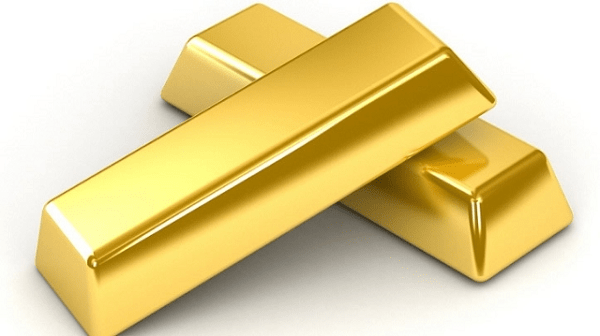
30% gold processing can propel development
The history of mining and its economic significance to the country stretches over a century.
However, the narrative and literature on the mining sector’s contribution to economic progress have often been woven around descriptive and spot data.
Advertisement
But the fact still remains that mining companies operating in the country produced 2.81 million ounces of gold in 2018, representing an 11 per cent increase over the 2016 figure of 2.54 million ounces.
The sector’s fiscal receipts mobilised by the Ghana Revenue Authority (GRA) came to GH¢2.16 billion in 2018 compared with the previous year’s total of GH¢1.65 billion, which showed an increase of 31 per cent.
These contributions show how big and relevant the industry is to the country. Indeed, it is an important economic stream to the country.
But, sadly, almost all of the gold produced in the country is not processed or refined here, making the country lose an important economic by-product in the value processing chain.
This is because, the country exports its raw gold with no value addition and therefore subjecting our products to international price fluctuations.
Apart from the revenue loss due to price fluctuations, the by-products from the processing of gold such as silver and bronze, which could otherwise have generated additional revenue for the country, also elude us.
There are also jobs that could be created in the value chain of gold processing. The lack of processing of our gold therefore denies many unemployed citizens a means to livelihood.
It is for this reason that the Daily Graphic welcomes the announcement by the government that at least 30 per cent of gold produced in the country will be processed locally.
In this light, the Ministry of Lands and Natural Resources has begun an engagement with the Ghana Chamber of Mines and some mining companies to locally process 30 per cent of the gold mined in the country.
This is to tap into the synergies along the value chains of the mining industry, to ensure that the state derives fair returns from the extractive sector.
The Minister for Lands and Natural Resources, Mr Kwaku Asomah-Cheremeh, said it was the government’s policy to add value to the country’s natural resources and urged multinational mining firms to assist in achieving that objective.
Speaking at the Annual General Meeting (AGM) of the Ghana Chamber of Mines in Accra last Friday, Mr Asomah-Cheremeh expressed the hope that the initiative would enhance the country’s reputation as a mining hub.
The Daily Graphic is elated that with this decision, Ghana is set to reduce drastically the export of unprocessed gold with the setting up of its first national gold refinery.
It is a disappointment that although Ghana is one of the top 10 gold producing countries in the world with estimated production at 92 tonnes per year, its quest to add value to the raw gold has not yet been realised so many years after the country started mining gold on its soil.
For us, though we may agree with other citizens that 30 per cent is too small a fraction, we commend the government for the initiative as at least it is the beginning of greater things to come.
Once we are able to tap into the gold processing value chain, it can spur on the country’s development agenda.



